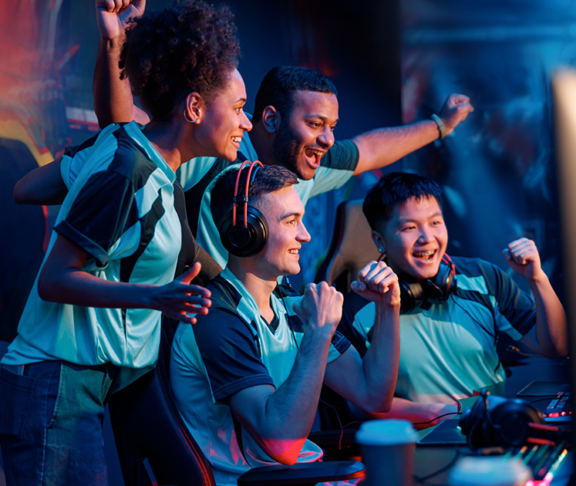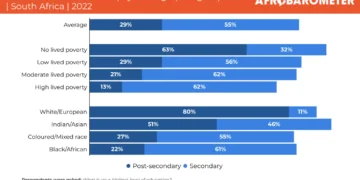E-sports, the world of competitive video gaming, has rapidly evolved beyond its entertainment value into an educational tool that fosters gamified learning. This innovative approach leverages the structure and excitement of e-sports to enhance students’ learning experiences, offering numerous benefits that extend beyond traditional classroom settings. Gamified learning involves incorporating game-like elements such as challenges, rewards, and competitions into educational processes, which can significantly increase engagement and motivation among students.
One of the primary advantages of e-sports in education is its ability to cultivate critical thinking and problem-solving skills. Many e-sports games require players to analyze complex situations, strategize, and make quick decisions under pressure. This mirrors real-life scenarios where students must use their analytical skills to tackle problems efficiently. By engaging in e-sports, students are trained to think critically, evaluate different outcomes, and adjust their strategies to achieve success, skills that are essential for academic and future career success.

E-sports also promotes teamwork and collaboration, which are essential in both education and the workplace. Many competitive games are played in teams, requiring players to communicate, coordinate, and work together towards a common goal. This helps students develop interpersonal and communication skills that are transferable to group projects, presentations, and collaborative academic tasks. Learning how to navigate group dynamics, resolve conflicts, and build relationships in a virtual gaming environment can prepare students for real-world teamwork experiences.
Another benefit is the development of resilience and perseverance. In e-sports, failure is common, and success is often achieved after numerous attempts and adjustments. This process helps students build mental toughness and the ability to persist through challenges. In a gamified learning environment, students are encouraged to embrace failure as a part of the learning process rather than something to be feared. This mindset encourages them to keep improving, which can translate into better performance in their studies and personal lives.

Moreover, e-sports supports the development of technological proficiency, which is becoming increasingly vital in today’s digital age. Students who engage in e-sports often gain exposure to new technologies, gaming platforms, and software, enhancing their technological literacy. This knowledge can give them an edge in fields like programming, engineering, and digital media, where technical skills are highly sought after.
In conclusion, e-sports not only provides entertainment but also offers valuable educational benefits by fostering critical thinking, teamwork, resilience, and technological skills. By integrating e-sports into gamified learning environments, students can engage more deeply with educational content, stay motivated, and develop essential life skills that will serve them well beyond the classroom.
____________________ Davidson Abraham, is a Dubai-based sports and business writer with about 8 years experience across sports, media & education; currently serving as a ThisDay (GamingWeek) Analyst/Correspondent. He has written with Editors of key media houses, supported international faculties, and involved with social media managing & content development for key institutions in UAE, and Global Education Group partner Universities. He has also written on education, Blockchain, Fintech, Corporate Governance, Sports and Global Politics, as well as assisting with research, book writing and marketing. Davidson is a proud alumnus of Gulf American University, UAE (a part of Girne American University, North Cyprus), and assists students with gaining scholarships for international studies in different universities. Linkedin: https://www.linkedin.com/in/davidson-a-289316233/ Email: davisiano.adm@gmail.com Whatsapp: +971 56 744 6013






































































 EduTimes Africa, a product of Education Times Africa, is a magazine publication that aims to lend its support to close the yawning gap in Africa's educational development.
EduTimes Africa, a product of Education Times Africa, is a magazine publication that aims to lend its support to close the yawning gap in Africa's educational development.

